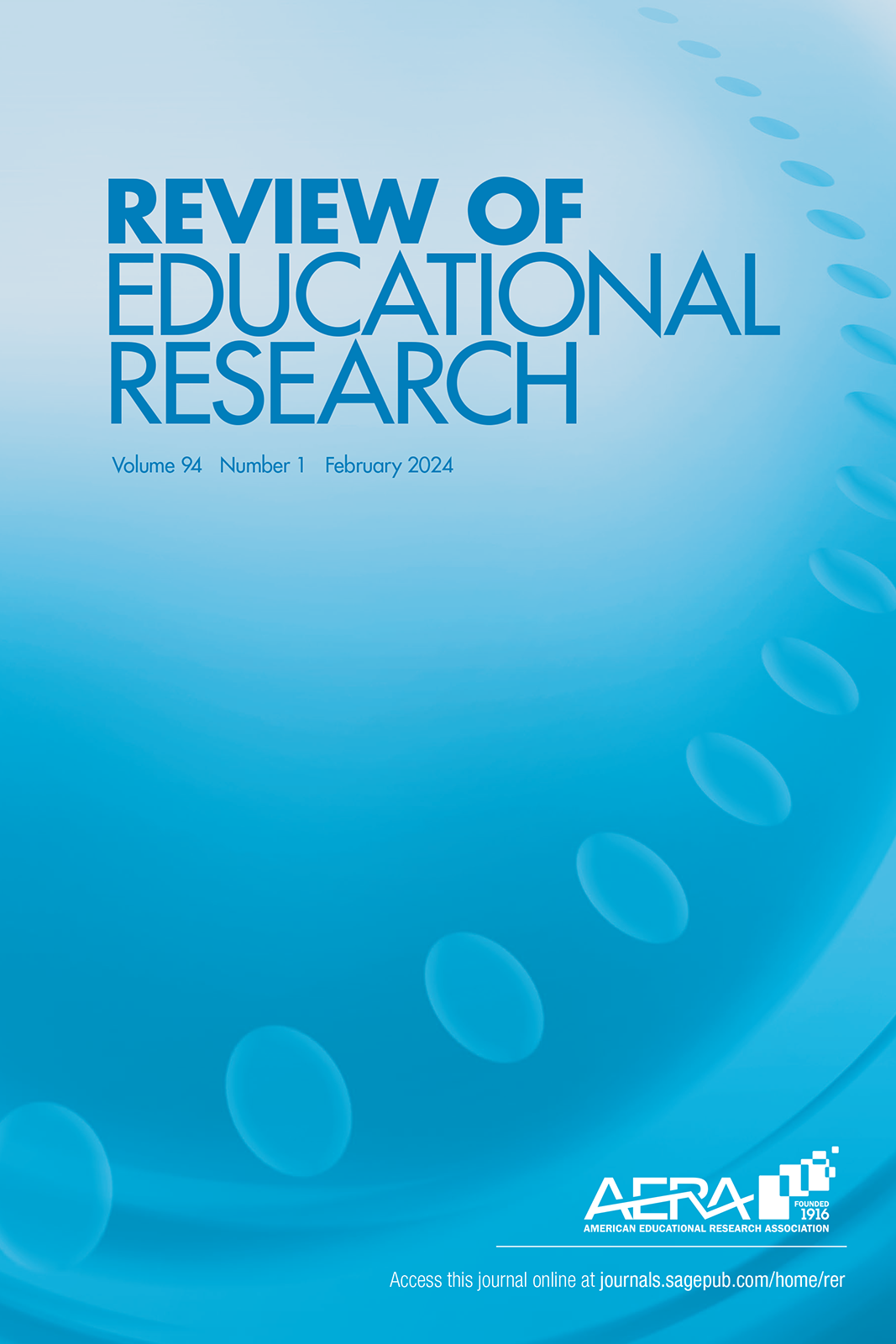机器人在语言学习中的社交行为:系统回顾与元分析
IF 7.4
1区 教育学
Q1 EDUCATION & EDUCATIONAL RESEARCH
引用次数: 0
摘要
尽管机器人的社交行为能够促进学习者与机器人之间的语言学习互动,但其应用和效果尚未得到充分探讨。本研究回顾了 59 篇实证文章,考察了机器人的各种社交行为在语言学习中的背景和应用,并对 18 个研究样本进行了元分析,以评估机器人的社交支持行为对语言学习成绩的影响。结果表明,机器人的社交行为大多应用于针对 K-12 学生的英语词汇学习研究中,其中包括小样本量(低于 80 人)和持续一节课的研究。其次,机器人的各种言语和非言语行为已被确认和应用,但对语言学习成绩的影响不一。第三,与中性行为相比,机器人的社会支持行为对语言学习成绩产生了积极影响(g = 0.269)。最后,讨论了对未来研究的详细建议。本文章由计算机程序翻译,如有差异,请以英文原文为准。
Robots’ Social Behaviors for Language Learning: A Systematic Review and Meta-Analysis
Although robots’ social behaviors are known for their capacity to facilitate learner–robot interaction for language learning, their application and effect have not been adequately explored. This study reviewed 59 empirical articles to examine the contexts and application of various social behaviors of robots for language learning, and conducted a meta-analysis of 18 study samples to evaluate the effect of robots’ social supportive behaviors on language learning achievement. Results indicate that robots’ social behaviors have mostly been applied in the studies with K–12 students, for learning vocabulary in English, including small sample sizes of below 80 participants, and lasting for one session. Second, various verbal and non-verbal behaviors of robots have been identified and applied, showing mixed results on language learning achievement. Third, robots’ social supportive behaviors have produced a positive effect on language learning achievement compared to neutral behaviors (g = 0.269). Finally, detailed suggestions for future research are discussed.
求助全文
通过发布文献求助,成功后即可免费获取论文全文。
去求助
来源期刊

Review of Educational Research
EDUCATION & EDUCATIONAL RESEARCH-
CiteScore
24.10
自引率
2.70%
发文量
28
期刊介绍:
The Review of Educational Research (RER), a quarterly publication initiated in 1931 with approximately 640 pages per volume year, is dedicated to presenting critical, integrative reviews of research literature relevant to education. These reviews encompass conceptualizations, interpretations, and syntheses of scholarly work across fields broadly pertinent to education and educational research. Welcoming submissions from any discipline, RER encourages research reviews in psychology, sociology, history, philosophy, political science, economics, computer science, statistics, anthropology, and biology, provided the review addresses educational issues. While original empirical research is not published independently, RER incorporates it within broader integrative reviews. The journal may occasionally feature solicited, rigorously refereed analytic reviews of special topics, especially from disciplines underrepresented in educational research.
 求助内容:
求助内容: 应助结果提醒方式:
应助结果提醒方式:


